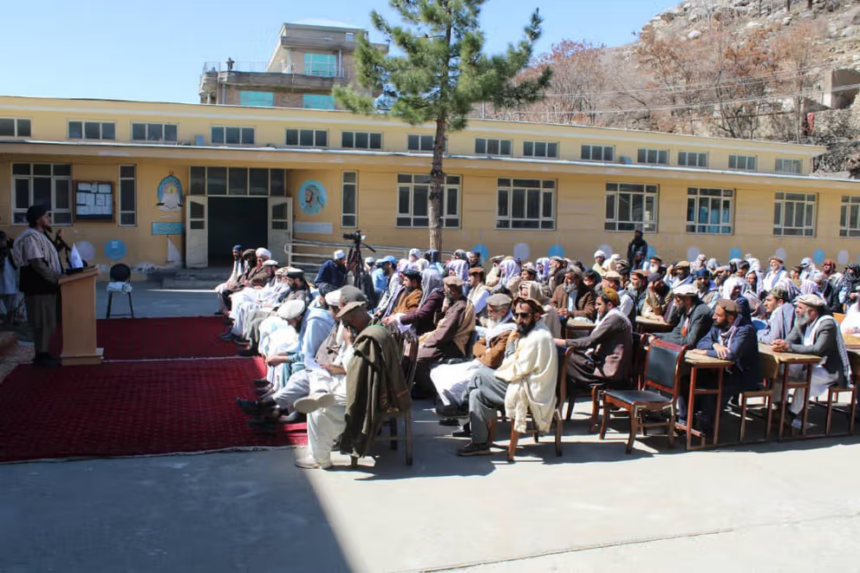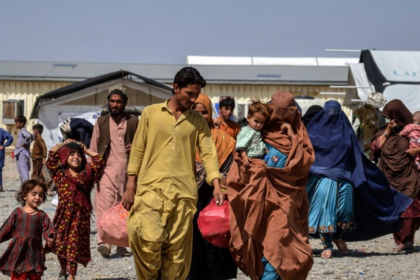RASC News Agency: In a stark illustration of Afghanistan’s deepening economic turmoil under Taliban rule, confidential documents obtained by independent media confirm that the regime’s supreme leader, Mullah Hibatullah Akhundzada, has issued an executive order mandating the elimination of nearly 90,000 positions from the Ministry of Education for the upcoming solar year 1404 (2025–2026). The directive calls for the immediate and comprehensive restructuring of the ministry in line with a significantly downsized operational framework. The Ministry of Education, in response, has devised an extensive overhaul plan that entails the systematic reduction of personnel and the dissolution of thousands of roles across administrative and service divisions. According to the document, at least 35,895 employees are expected to lose their jobs as part of the first wave of implementation marking one of the most aggressive downsizing campaigns in the ministry’s history. Taliban officials have attempted to minimize public concern by asserting that a large proportion of the terminated posts were unoccupied. However, a detailed review of the plan reveals that many of the targeted positions are currently active and encompass essential support and educational functions.
The proposed cuts prioritize the elimination of the following categories: Teaching, administrative, and service roles, Employees eligible for retirement, Vacant posts previously allocated to Islamic educational institutions abroad, and
“Non-essential” service roles within Islamic education programs, including cooks, assistant cooks, tea servers, tailors, barbers, florists, gardeners, and plumbers. Furthermore, the ministry has announced a nationwide freeze on recruitment, alongside the immediate elimination of 3,246 contractual positions from provincial education directorates. These measures are part of a broader campaign to streamline both civilian and military bureaucracies in response to acute financial constraints.
Despite official attempts to frame the decision as a fiscal necessity, the Ministry of Education has internally expressed apprehension over potential backlash. According to internal briefings, there are growing fears that newly unemployed workers may stage public protests, and that foreign actors may exploit rising discontent to foment unrest within the country. The cuts come against the backdrop of an increasingly dire economic landscape. The Taliban regime still unrecognized by the international community remains heavily sanctioned and diplomatically isolated, with little access to formal financial aid or international reserves. As the state apparatus strains under growing pressure, Mullah Hibatullah has reportedly issued additional directives aimed at curbing expenditures across all sectors, including a 20 percent reduction in the regime’s own security forces.
Political analysts warn that these austerity measures may accelerate the erosion of public trust in Taliban governance and could further destabilize Afghanistan’s fragile social infrastructure. In particular, the sharp contraction of the education sector is expected to have long-term consequences for access to learning and human development, especially in remote and marginalized regions. This latest round of cuts underscores the Taliban’s growing inability to maintain even the most basic functions of statehood, raising urgent questions about the sustainability of their governance and the future of essential public services under their rule.






